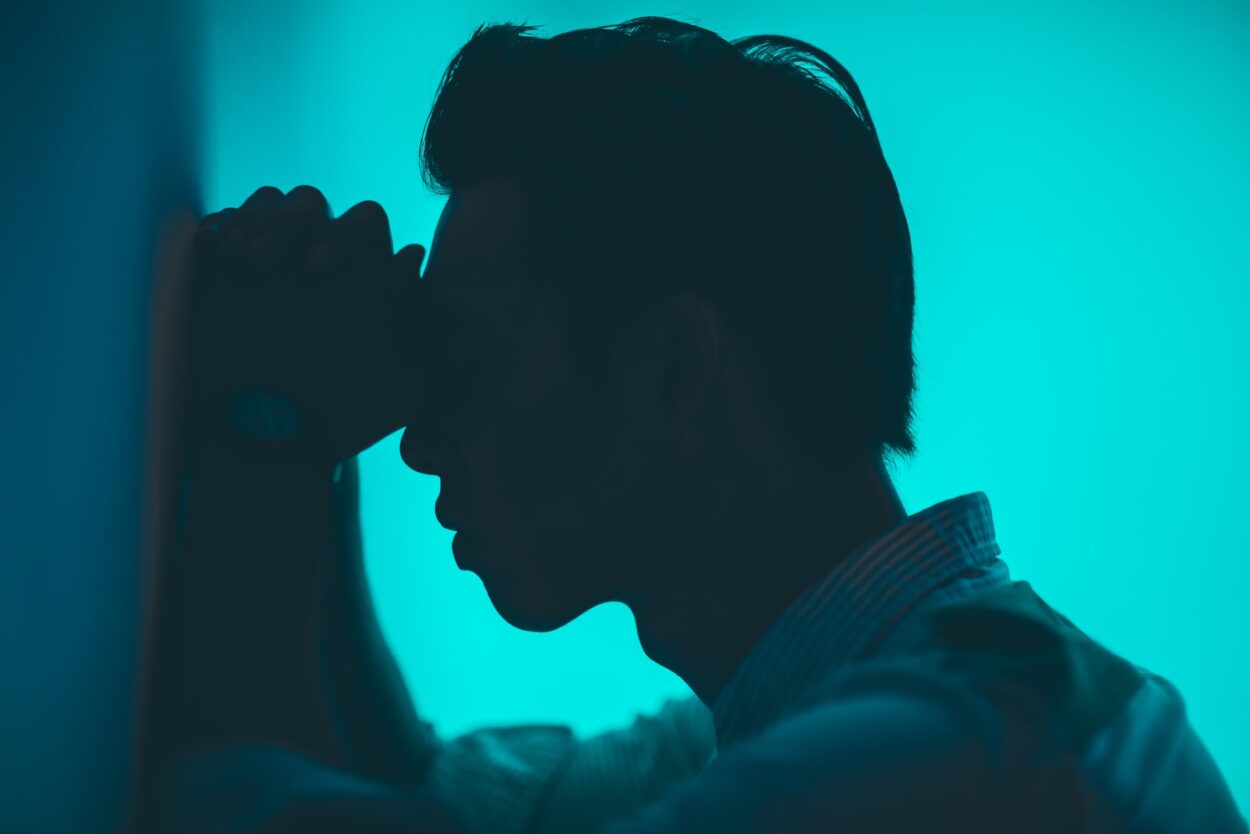Feeling nauseated after sex is fairly common and usually not a cause for concern. However, persistent nausea may indicate an underlying medical condition.
Nausea during sexual arousal can be caused by psychological factors such as anxiety or stress. Nausea can also be a side effect of certain medications used for mental health conditions.
Physical Causes
If you feel nauseated during sex, it’s likely a physical reaction to the exertion of sexual activity and the release of endorphins and hormones. The combination of these factors can cause dizziness and lightheadedness, which can then lead to feelings of nausea.
Occasionally, nausea can be a sign of an underlying health condition such as gastroesophageal reflux disease or a gastrointestinal infection. Some medications can also trigger nausea, including certain antidepressants and pain relievers. Lastly, some sensory play with food or perfumed lubes may make you queasy.
For women, one of the most common causes of sex-related nausea is deep penetration. Especially when your partner is going in hard and fast, the constant rocking and movement can be enough to trigger motion sickness. This isn’t just limited to cars or boats, though—it can also happen in beds, notes Reed.
Nausea can also occur during orgasms, as the uterus contracts during these intense sexual experiences. This can lead to feelings of nausea, which is “a less than ideal response to something that should feel good,” explains Dr. Carey. Luckily, nausea during orgasms is usually temporary and doesn’t indicate a serious medical issue. Managing your symptoms with relaxation techniques or switching positions can help. If the nausea persists, it’s a good idea to talk to your doctor. He or she will ask about your symptoms and medical history to determine the underlying cause of your nausea.
Psychological Causes
Often the reason for nausea during sex is not related to the body’s movement but to an emotional response. Nausea may occur because of an uneasy feeling with a partner, or because of past negative experiences with sex, such as sexual trauma.
Another psychological cause of nausea is performance anxiety, which can lead to arousal and then nausea because you are feeling pressure to satisfy your partner or your own sexual fantasies. This can be exacerbated by a history of traumatic or abusive relationships, or by certain mental health conditions and medications.
The sensation of nausea during sex may also be caused by the intense pain and uterine contractions associated with orgasm. It is important to communicate with your partner and avoid sexual positions or environments that trigger this type of nausea. Some people find relief by taking over-the-counter anti-nausea medication before engaging in sexual activity.
The brain’s autonomic nervous system sends a signal to the stomach and intestines to prepare for action, which is followed by the release of adrenaline and endorphins, which can lead to feelings of pleasure. Then, when the sexual experience is over, the stomach may feel emptied, and the nausea subsides. This is similar to the feeling of motion sickness on a boat or in a car. The researchers believe that this is the result of a complex interaction between brain, body and digestive systems.
Managing Symptoms
If nausea during sexual arousal is persistent or severe, it’s important to see your healthcare provider. They will ask questions about your symptoms, perform a physical examination, and order diagnostic tests if needed. Depending on your situation, they may recommend medication or a combination of lifestyle changes and/or medications.
Nausea after sex is very common and can be caused by many different things, from medical conditions to psychological factors. It’s important to find the cause of your nausea and get it treated so you can enjoy sex without any discomfort.
For example, if your nausea is triggered by over-vigorous or prolonged sex, it’s a good idea to ramp up the foreplay and try to achieve climax through intercourse instead of deep penetration. You might also want to use a lot of lube to reduce the amount of friction and movement that triggers your nausea.
Psychological factors like anxiety and stress can also trigger nausea during sex. If these are the underlying causes of your symptoms, it’s a good idea to explore relaxation techniques or therapy. You might also consider trying an alternative treatment, such as acupuncture or herbal supplements, but make sure to discuss these with your healthcare provider first. Symptoms of sexual trauma and/or abuse can also contribute to nausea during and after sex. If you have past traumatic experiences in the bedroom, it’s a good idea to speak with a mental health professional about these issues.
Seeking Medical Help
After a satisfying sexual experience, you’re supposed to feel a glow of satisfaction—not nauseated. It’s not uncommon to feel sick to your stomach after sex, but there are some surprising reasons for this that you should be aware of.
If you experience a combination of physical and psychological discomfort, it’s important to seek medical help. A doctor can determine the underlying causes of your nausea and develop a treatment plan. For example, if you have a gastrointestinal condition like Crohn’s disease, Hemorrhoids, or Irritable Bowel Syndrome (IBS) it could make your intestines more prone to irritation and upset that could lead to nausea.
Similarly, emotional discomfort can also trigger nausea during sex. If the person you’re with reminds you of a past traumatic experience, it may be difficult to forget and can cause you to vomit.
Nausea after sex is also often misinterpreted as a sign of pregnancy or an unprotected STI, so it’s vital to use the proper protections and get regular STD testing if you haven’t already. Even if you aren’t worried about pregnancy or infection, it’s still a good idea to talk to a mental health professional or your doctor about your symptoms. They can provide you with tips to address any anxiety or stress that is contributing to your symptoms. This can include using a water-based lubricant, practicing relaxation techniques, or talking about your concerns with a therapist or counselor.




Leave a Comment